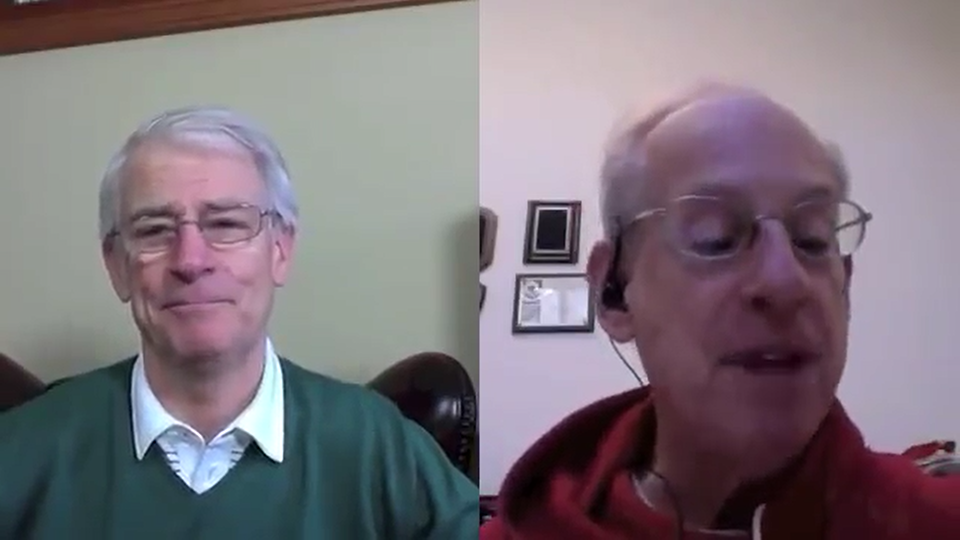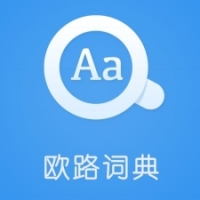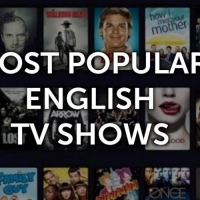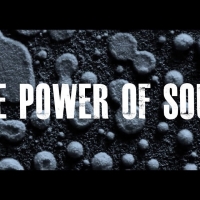Steve Kaufmann and Stephen Krashen理论访谈
斯蒂夫·考夫曼与斯蒂芬·克拉申探讨关于Stephen Krashen的语言习得理论“Five hypotheses ” (二语习得五个核心假设)。
| The Natural Order Hypothesis | ‘We acquire the rules of language in a predictable order’ |
| The Acquisition/ Learning Hypothesis | ‘Adults have two distinctive ways of developing competences in second languages .. acquisition, that is by using language for real communication … learning .. “knowing about” language’ (Krashen & Terrell 1983) |
| The Monitor Hypothesis | ‘Conscious learning … can only be used as a Monitor or an editor’ (Krashen & Terrell 1983) |
| The Input Hypothesis | ‘Humans acquire language in only one way – by understanding messages or by receiving “comprehensible input”‘ |
| The Affective Filter Hypothesis | ‘A mental block, caused by affective factors … that prevents input from reaching the language acquisition device’ (Krashen, 1985, p.100) |
斯蒂夫·考夫曼(Steve Kaufmann),语言家(linguist),精通四种语言、会说十种语言,在油管上拥有54万多粉丝。出生在瑞典,父母是讲德语的捷克人,在有英法两种官方语言的加拿大长大和上学,1970年中加建交后成为首批派驻中国的外交官,又赴日本公干近九年,并娶了一个华裔妻子,拥有中国岳父,和讲西班牙语的哥斯达黎加岳母。在40多年的时间里游历了许多国家。
英语、法语、西班牙语、汉语(包括广东方言)、日语、意大利语、德语、瑞典语、韩语、俄语等。
关键词:态度、内容、重复的重要性、看影视剧学英语

斯蒂芬·克拉申(Stephen D. Krashen),著名美国语言教育家,克拉申出生于伊利诺伊州芝加哥,年轻时曾在埃塞俄比亚志愿服务教英文达两年,后于1972年自加州大学洛杉矶分校获语言学博士学位,论文为“语言与左脑”(Language and the Left Hemisphere)。他原为语言学教授,研究的主题即为第二语言习得,1994年方加入南加州大学教育学院。克拉申通过跆拳道笔试而获得黑带,曾于1978年获加州跆拳道冠军。他毕生致力于第二语言习得的研究,为他赢得了世界性声誉。
- 习得-学习假说 (Acquisition – Learning Hypothesis)
- 克拉申认为人的语言发展有两种途径:其一为“习得”(Acquisition),其特征是自然(natural)、直觉(intuitive)且近于潜意识(subconscious),例如学习母语。克拉申主张不论幼儿或成人都有习得的能力。其二为“学习”(Learning),特征是有意识的 (conscious) 反复练习、记忆,例如学校、补习班的文法、单字课。克拉申认为只有“习得”才是学习的正道,因为其着重于语言的实质而不似“学习”常流于形式(form)。又“学习”常涉及大量(如文法、拼字)规正(correction),可能会导致学生的兴趣减低。
- 语言监控假说(Monitor hypothesis)
- 语言监控假说与“习得-学习假说”密切相关,因为它涉及习得与学习的关系。克拉申强调,“学习”的结果会产生“监控机器”(monitor),进而监控、改善由“习得”所产生的语言(例如检查文法错误或否)。但“监控”的开启也会让我们无法“自然”,只有在“监控”本身发展完善时才不会造成妨碍。是故,不应逼迫学习初期的学生说话,原因在“监控”本身尚未有足够的时间完备。
- 情意滤网假说(Affective filter hypothesis)
- 人们生而害怕犯错、被处罚、被威胁,这些都会降低语言学习的效率,克拉申称这些心理障碍为“情意滤网”(Affective filter)。克拉申发现形成“情意滤网”的主因有二:其一是过早要求、逼迫学生开口说,其二是过早被反复纠正错误而失去自信心。
- 自然顺序假说(Natural order hypothesis)
- 克拉申认为不论成人或儿童,语言知识的长成都有一定自然顺序,例如先学现在式(present tense)再学过去式(past tense)等。惟克拉申承认教案未必须依自然顺序建构。
- 语言输入假说(Input hypothesis)
- 语言输入为克拉申的核心思想。他强调学生不需过度注重口说或写作(“输出”),而必须通过阅读和听力吸收、“输入”语料;而该材料必须是略微超过学子目前的水平,但又不至于让学生无法理解。假设学习者目前的水平为i,又假设1为适当的挑战难度,那教学者应给予的阅读和听力难度即应是“i+1”;换言之,若太简单则成为i-1或i+0,皆无法使学习者成长,而太难如i+2又会挫折学生。由此可知,教学者应深入了解教材进度与学生程度(i),才能给出(对学生而言)可理解的输入(comprehensible input)。
Steve Kaufmann:Hello Stephen krashen
Stephen Krashen:Good morning Steve Kaufmann
Steve Kaufmann:We are on the same timezone and in many ways on the same wavelength.
Stephen Krashen:Absolutely.
Steve Kaufmann:I have to tell you you’ve been a great influence on my language learning, it’s a real privilege to be able to talk to you and to share, now with other people who are going to follow this interview, some of your thoughts on language learning.
Stephen Krashen:oh gosh, oh shucks I have to return the compliment I’ve read your book I’ve looked at I must I am now your student officially Oh on your website I’ve been doing Mandarin and Spanish and I greatly admire what you’ve accomplished.
Steve Kaufmann:Thank you very much, now, the…there’s a certain amount of controversy still like… for a believer in input like me that the battle is over. but there is still a lot of controversy there are people who say input only won’t do it you need grammar, how much grammar do you need? how much output do you need? Can you sort of… I’m sure you’ve been at the sort of the eye of the storm and so far — so far as all as this controversy is concerned, where do you see your 5 theses today? To what extent has it with withstood the test of time withstood the criticism and so forth.
In the eye of the storm :deeply involved in a difficult or controversial situation which affects or interests a lot of people. (暴风之眼,争论的焦点,舆论的风口浪尖;)
- Our teacher is making us sit our exams again. Johnny was caught in the eye of the storm after he boasted about cheating.
值得注意的是,另一个包含气象学术语的常用英语短语是 lull before the storm,意思是暴风雨来临之前的宁静时刻。
- The shop assistants took advantage of the lull before the storm and tidied up the hat display. They knew the moment the doors opened they would be flooded with bargain-hunters.
Stephen Krashen:Well I’ll begin by quoting Paul Simon still crazy after all these years ok I think the hypotheses have held up very very well, let me give a little historical perspective, when all this started in 1975 when we first stated that there’s something called a language acquisition, the first goal was to show that acquisition is real, at the time people fully believed in what I call the “skill building” hypothesis. A first you consciously learn something then you practice it over and over again you get feedback and eventually it becomes automatic, which I call a delayed gratification hypothesis, work hard study do your grammar do your vocabulary and someday… you can actually use the language you can understand it you can speak it.
Well the my claim is that the gratification never comes it doesn’t work and it’s painful, and the comprehension the hypothesis says that you can have a good time now you can enjoy yourself you can listen to interesting stories, go to movies, read good books and the result of that is language ability, very different. so the first task was to show that this was real and I should say that this is not my idea originally other people had it before I did I have simply been responsible for public relations.
附I:克拉申谈论二语习得理论:
附II:斯蒂夫·考夫曼谈学习一门外语(达到自由交流)需要花费多长时间:




